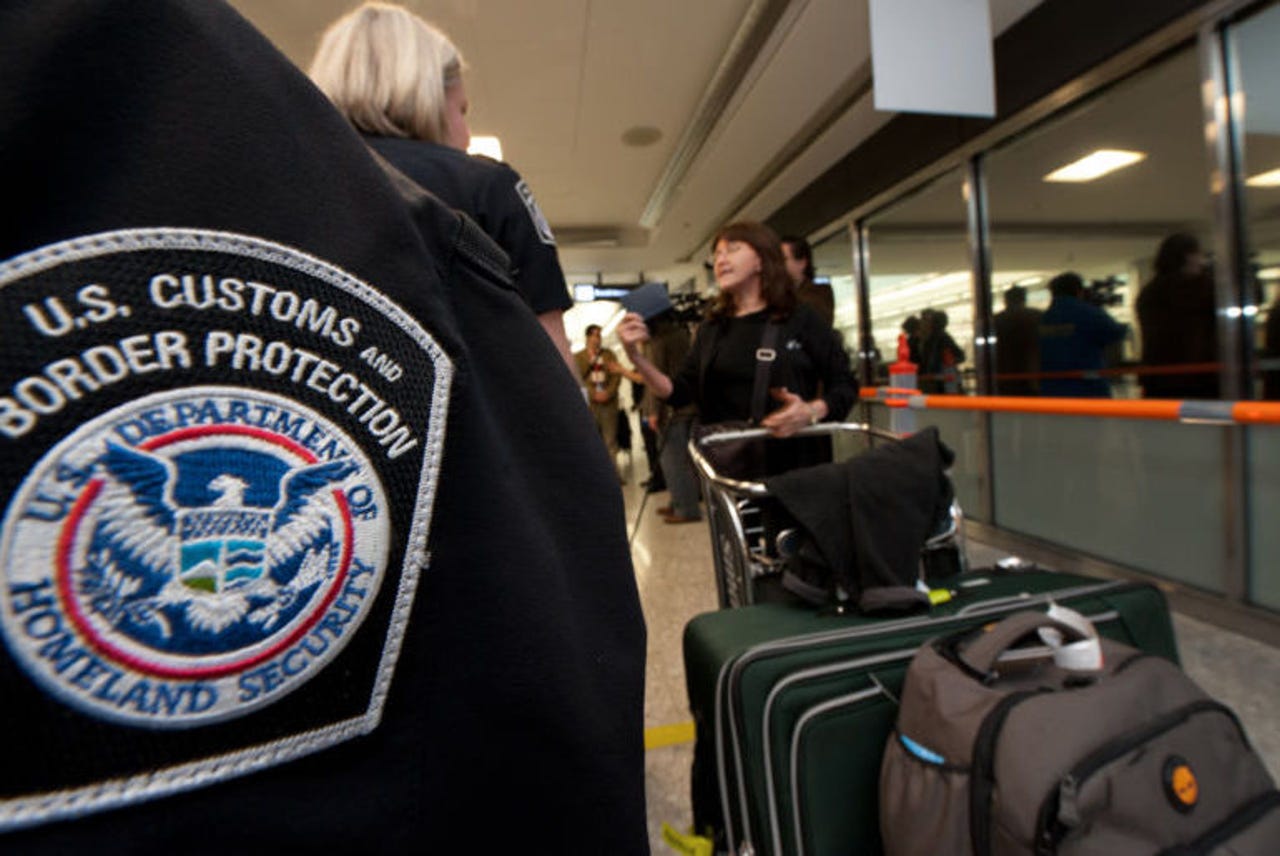Trump administration toughens social media screening for US visa applicants


(Image: file photo)
Foreigners applying for a visa to enter the US will now be asked to turn over their social media handles for the past five years, as well as biographical information -- including email addresses and phone numbers -- for the past 15 years.
A new questionnaire, to be filled out by visa applicants, is part of an effort by the Trump administration to make good on its vow to implement "extreme vetting."
The questionnaire was approved last month by the Office of Management and Budget (OMB), according to Reuters, which is "required to confirm identity or conduct more rigorous national security vetting," according to a State Dept. spokesperson.
The OMB said in a federal filing that it estimates 65,000 people will be affected by the social media screening process each year.
The agency added that consular officials visa applicants will have free rein to demand applicants to turn over their information who they believe may "warrant additional scrutiny in connection with terrorism or other national security-related visa ineligibilities."
Consular officers will not request user passwords, the filing said.
Immigration experts and attorneys have slammed the move, suggesting that the consular's power to arbitrarily require some applicants to fill out the form without any apparent checks could lead to an abuse of power.
A portion of the DS-5535 form for visa applicants. (Screenshot: ZDNet)
Although the form says that providing the information is "voluntary" and does not automatically bar the applicant receiving a US visa, the form does warn that failure to hand over the information may "delay or prevent" the application.
US border officials already ask for social media handles when passengers arrive at the border, a recent change that was criticized as "highly invasive" by privacy and rights groups.
The move comes as the Trump administration has pushed for greater scrutiny of visa applicants at US embassies abroad, where constitutional and legal protections against unreasonable searches and seizures typically don't apply.
It's the latest policy in an array of measures aimed at curtailing immigration, including an executive order in late January that blocked migrants from seven majority Muslim nations, including Iraq and Syria -- an action that was quickly blocked by a federal judge.
The administration has also reportedly considered additional screening measures for overseas visitors applicants, including those in Europe, by forcing applicants to turn over their phones and their passwords.